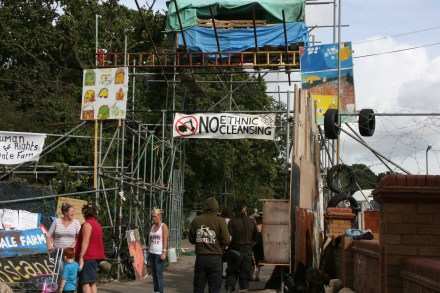African Adventure
Every day in Kensington Gardens I jog round the bleak granite obelisk inscribed IN MEMORY OF SPEKE. VICTORIA NYANZA AND THE NILE 1864, which my family calls ‘Speke’s Spike’. That river is known to me a bit: I have stood on the glaciers of Ruwenzori at 16,000 feet, which feed it via Lake Albert. I was the first (with two others) to descend for 100 miles the water of the Blue Nile from its Ethiopian source. I have waded the Sudd with Anuak guerrillas. Tim Jeal’s gripping book pulls the whole astonishing story together. Many a red-blooded Spectator reader will relish it, and buy it, since it’s as intricate















